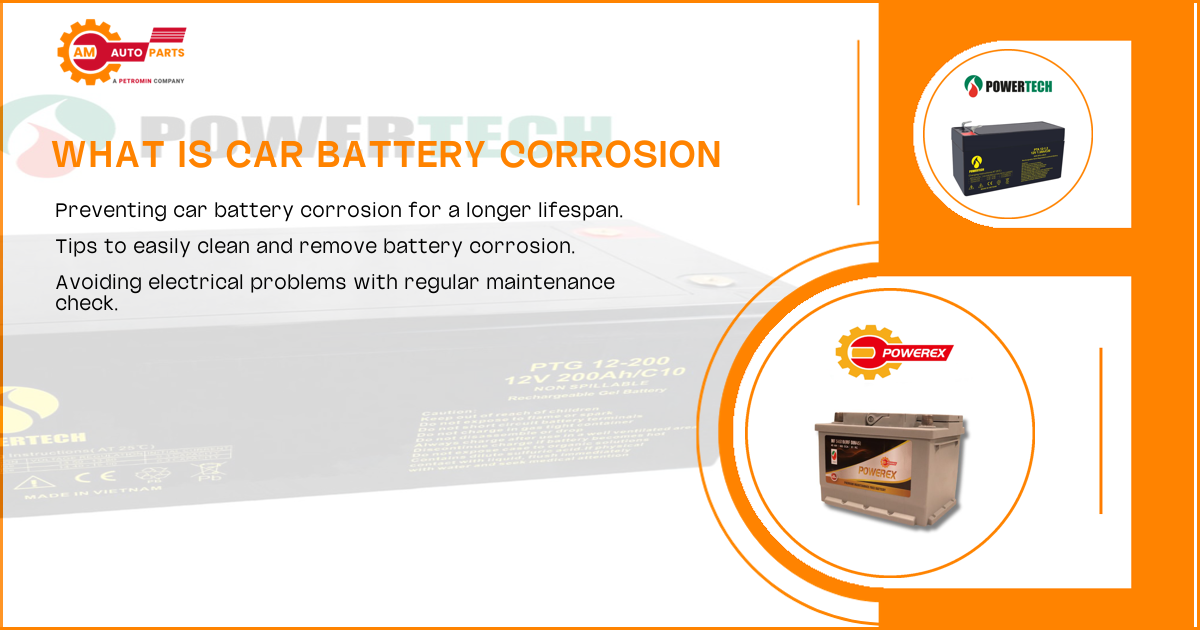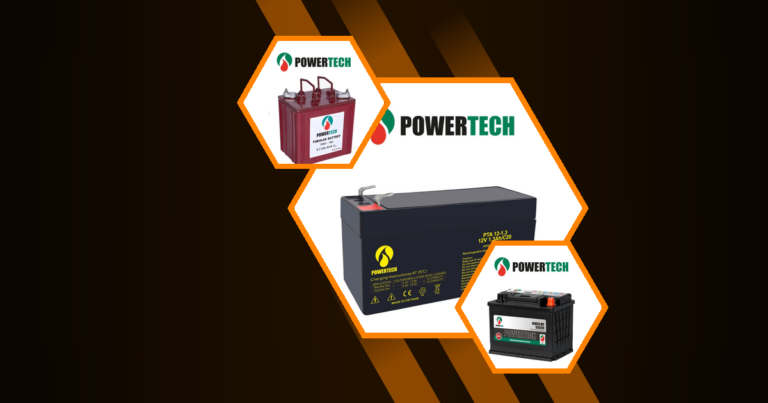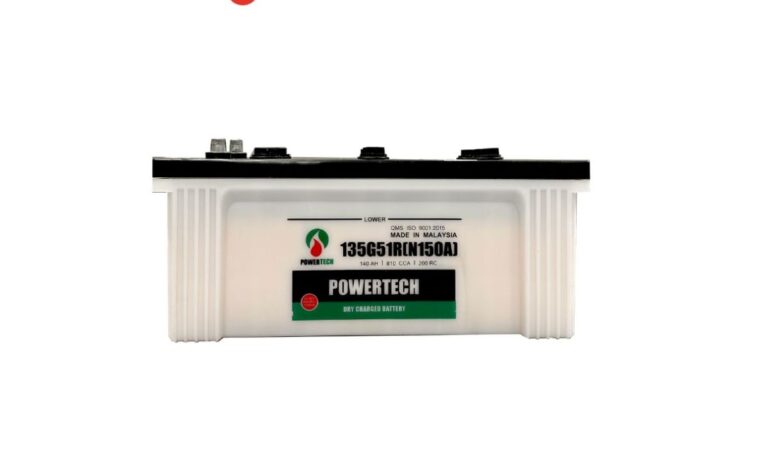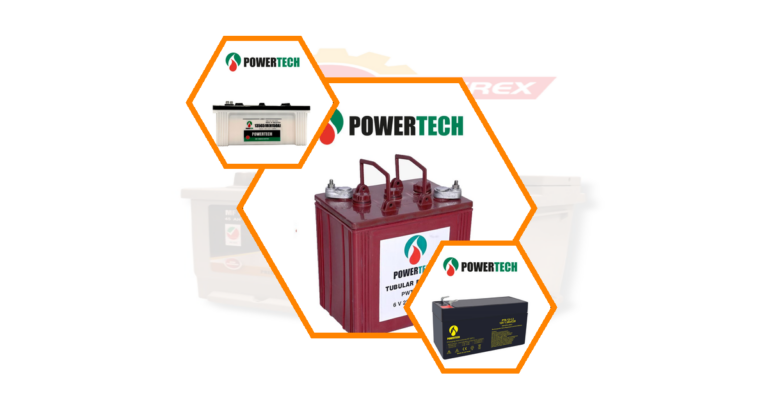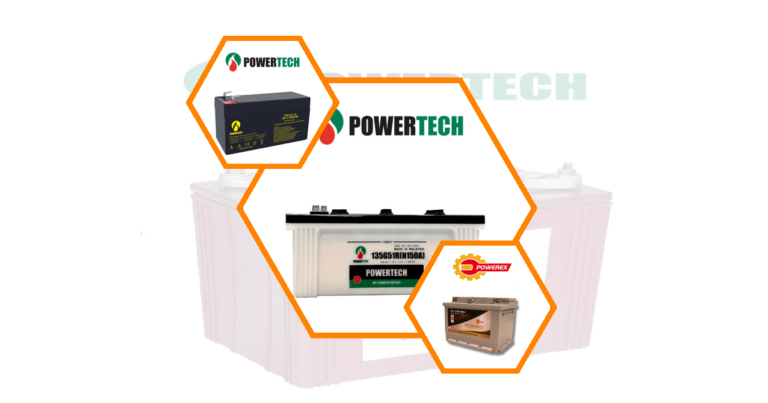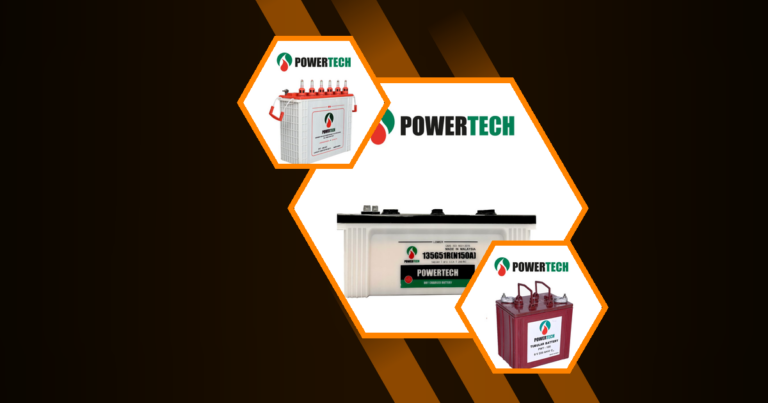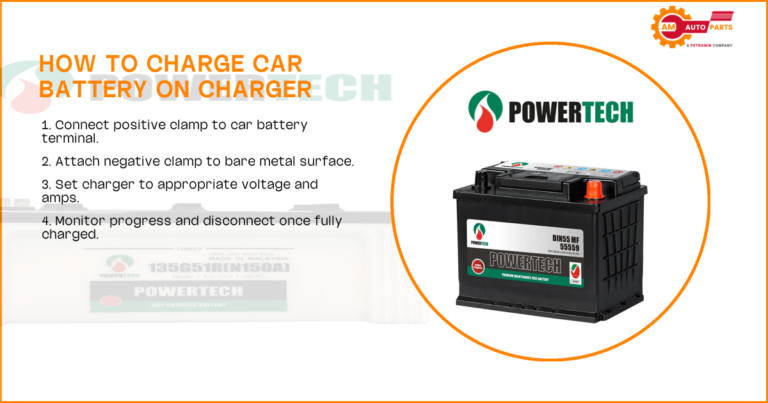What Is Car Battery Corrosion and How to Prevent It
Car battery corrosion is a common issue that can affect the performance and lifespan of your vehicle’s battery. Understanding what causes this corrosion and how to prevent it is crucial for maintaining your car’s health. In this article, we’ll explore the causes, effects, and prevention methods for car battery corrosion, ensuring your vehicle runs smoothly.
Understanding Car Battery Terminal Corrosion
Battery Corrosion
Battery corrosion typically appears as a white, ashy substance on the battery terminals. This corrosion is a result of chemical reactions between the battery acid and the metal terminals. Over time, these reactions can lead to a buildup that impedes the battery’s ability to conduct electricity effectively.
Signs of Battery Terminal Corrosion
Identifying battery terminal corrosion early can prevent more severe issues. Common signs include difficulty starting the car, dimming headlights, and visible white or blue-green deposits on the terminals. Regularly inspecting your battery can help catch these signs before they lead to more significant problems.
Impact on Vehicle Performance
Corroded battery terminals can severely impact your vehicle’s performance. The corrosion can reduce the battery’s ability to hold a charge, leading to frequent jump-starts or even battery failure. Additionally, it can cause electrical issues, affecting everything from the car’s lights to its onboard computer systems.
- Difficulty starting the vehicle
- Dimming or flickering headlights
- Frequent need for jump-starts
- Electrical system malfunctions
Common Causes of Battery Corrosion
Electrolyte Leakage
Electrolyte leakage occurs when the battery acid seeps out of the battery, often due to cracks or damage. This leakage can lead to corrosion on the battery terminals, as the acid reacts with the metal. Regularly checking for leaks can help prevent this type of corrosion.
Hydrogen Gas Emission
During normal battery operation, hydrogen gas is emitted. If the gas is not properly vented, it can react with other elements around the battery, leading to corrosion. Ensuring your battery is well-ventilated can minimize this risk.
Overcharging and Heat Exposure
Overcharging a battery can cause excessive heat, which accelerates the corrosion process. Similarly, exposure to high temperatures can increase the rate of chemical reactions, leading to faster corrosion. Using a quality battery charger and avoiding extreme temperatures can help mitigate these issues.
Age and Wear of Battery
As a battery ages, its components naturally degrade, making it more susceptible to corrosion. Regular maintenance and timely replacement of old batteries can prevent corrosion-related problems.
- Electrolyte leakage due to cracks
- Poor ventilation leading to hydrogen gas buildup
- Overcharging causing excessive heat
- Natural degradation with age
How to Clean Car Battery Corrosion
Safety Precautions
Before cleaning battery corrosion, it’s essential to take safety precautions. Wear protective gloves and eyewear to prevent contact with battery acid. Ensure the car is turned off and the keys are removed from the ignition.
Step-by-Step Cleaning Process
- Disconnect the battery cables, starting with the negative terminal.
- Mix a solution of baking soda and water to neutralize the acid.
- Use a brush to scrub the corrosion off the terminals.
- Rinse with clean water and dry thoroughly.
- Reconnect the battery cables, starting with the positive terminal.
Recommended Cleaning Solutions
Baking soda and water are effective for neutralizing battery acid. Alternatively, commercial battery cleaning sprays are available and can simplify the process. Always follow the manufacturer’s instructions when using these products.
- Wear protective gear
- Use baking soda and water solution
- Consider commercial cleaning sprays
Preventing Battery Terminal Corrosion
Regular Maintenance Tips
Regular maintenance is key to preventing battery corrosion. Check your battery terminals monthly for signs of corrosion and clean them as needed. Ensure the battery is securely mounted to prevent vibrations that can cause damage.
Protective Coatings and Greases
Applying a protective coating or grease to the battery terminals can help prevent corrosion. These products create a barrier that reduces the risk of acid and moisture reaching the metal.
Proper Charging Practices
Avoid overcharging your battery by using a charger with an automatic shut-off feature. This practice helps maintain the battery’s health and reduces the risk of corrosion.
- Monthly inspection and cleaning
- Use of protective coatings
- Avoid overcharging
Effects of Corroded Battery Terminals
Reduced Electrical Conductivity
Corroded terminals can significantly reduce electrical conductivity, leading to poor battery performance. This reduction can cause issues with starting the vehicle and powering electrical components.
Decreased Battery Life
Corrosion can shorten the lifespan of a battery by causing it to work harder to deliver power. This increased strain can lead to premature battery failure.
Potential Damage to Electrical Systems
Corrosion can also damage the vehicle’s electrical systems. Poor conductivity can cause fluctuations in power delivery, potentially harming sensitive electronic components.
- Poor battery performance
- Shortened battery lifespan
- Risk of electrical system damage
Chemical Reactions Behind Battery Corrosion
Sulfation Process
Sulfation occurs when lead sulfate crystals form on the battery plates, reducing its capacity. This process is a common cause of battery failure and can contribute to terminal corrosion.
Oxidation of Battery Terminals
Oxidation is a chemical reaction that occurs when the metal terminals are exposed to oxygen and moisture. This reaction leads to the formation of corrosion, which can impede electrical conductivity.
- Lead sulfate crystal formation
- Exposure to oxygen and moisture
Types of Battery Corrosion
White Powdery Corrosion
White powdery corrosion is the most common type and is typically caused by the reaction between battery acid and the metal terminals. It can be easily cleaned with a baking soda solution.
Blue-Green Corrosion
Blue-green corrosion is often a result of copper sulfate formation, which occurs when copper terminals react with battery acid. This type of corrosion requires more thorough cleaning.
Brown or Rust-Colored Corrosion
Brown or rust-colored corrosion indicates the presence of iron oxide, often due to rusting metal components. This type of corrosion can be more challenging to remove and may require professional attention. Powerful battery cranking helps start engines quickly and easily It provides a strong burst of energy to get your car running Charge depleted battery A
Car battery replacement timing Most car batteries last 3 to 5 years before needing replacement but this can vary based on usage and climate conditions Ideal car voltage A car battery should have about 12 to 14 volts for the vehicle to run properly
Charge depleted battery means your device has no power left You need to plug it in to recharge the Battery Issues Symptoms can include your device turning off suddenly or not holding a charge for very long Your phone or laptop might get hot or take a long time to charge when experiencing
Car battery recommendations Choose a battery that fits your car’s size and power needs and replace it every 3 to 5 years to keep your vehicle running smoothly Battery selection guide Choose the right battery for your device by looking at size voltage and how long it lasts
- White powdery deposits
- Blue-green copper sulfate
- Brown iron oxide
Environmental Factors Affecting Battery Corrosion
Temperature Extremes
Extreme temperatures can accelerate the chemical reactions that cause corrosion. Both high heat and freezing temperatures can increase the risk of battery terminal corrosion.
Humidity and Moisture
High humidity and moisture levels can contribute to oxidation, leading to corrosion. Keeping your vehicle in a dry environment can help mitigate this risk.
Salt and Road Chemicals
Salt and road chemicals used in winter can accelerate corrosion. Regularly cleaning your vehicle, especially the battery area, can help prevent salt-induced corrosion.
- High heat and freezing temperatures
- Humid and moist environments
- Exposure to road salt and chemicals
By understanding what car battery terminal corrosion is and how to prevent it, you can ensure your vehicle remains in top condition. Regular maintenance, proper charging practices, and awareness of environmental factors can help you avoid the pitfalls of battery corrosion. For more information on maintaining your vehicle’s battery, consider visiting AM Autoparts for expert advice and quality products.re)
FAQ’s
Can corroded battery terminals be repaired?
Yes, corroded battery terminals can often be repaired by cleaning them thoroughly. If the corrosion is severe, the terminals may need to be replaced. Regular maintenance can prevent the need for repairs by keeping corrosion at bay.
How often should I check for battery corrosion?
It’s recommended to check for battery corrosion at least once a month. Regular inspections can help catch early signs of corrosion, allowing for timely cleaning and maintenance. This practice can extend the life of your battery and improve vehicle performance.
What causes car battery corrosion?
Car battery corrosion is primarily caused by chemical reactions between the battery acid and the metal terminals. Factors such as electrolyte leakage, hydrogen gas emission, and overcharging can accelerate these reactions. Regular maintenance and proper charging practices can help prevent corrosion.
